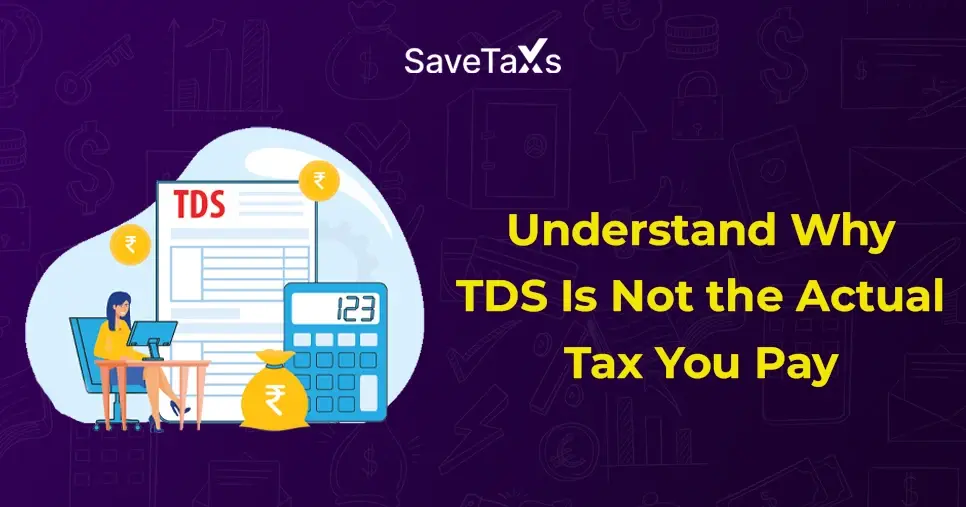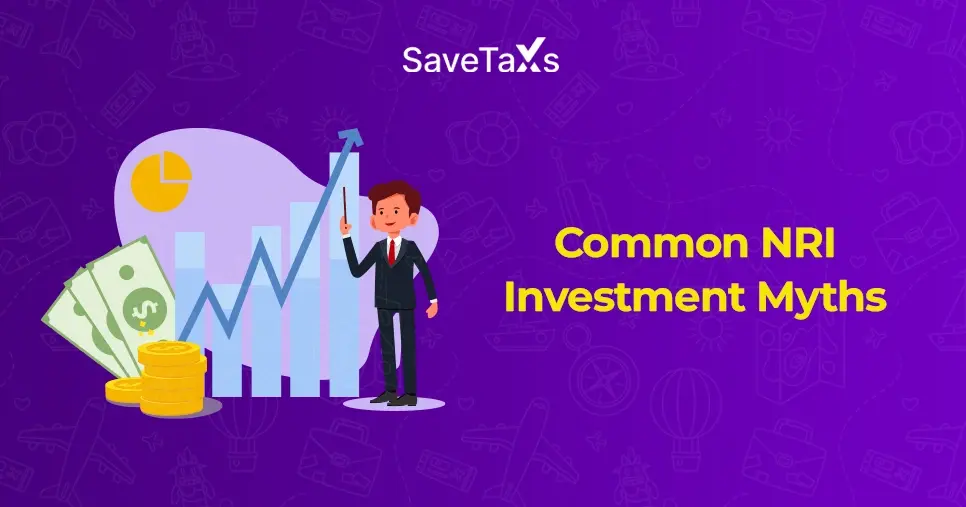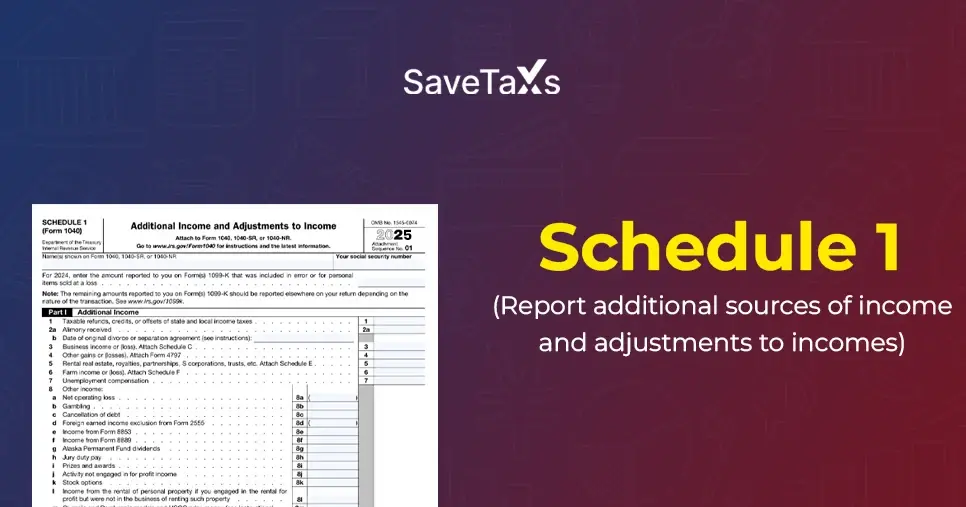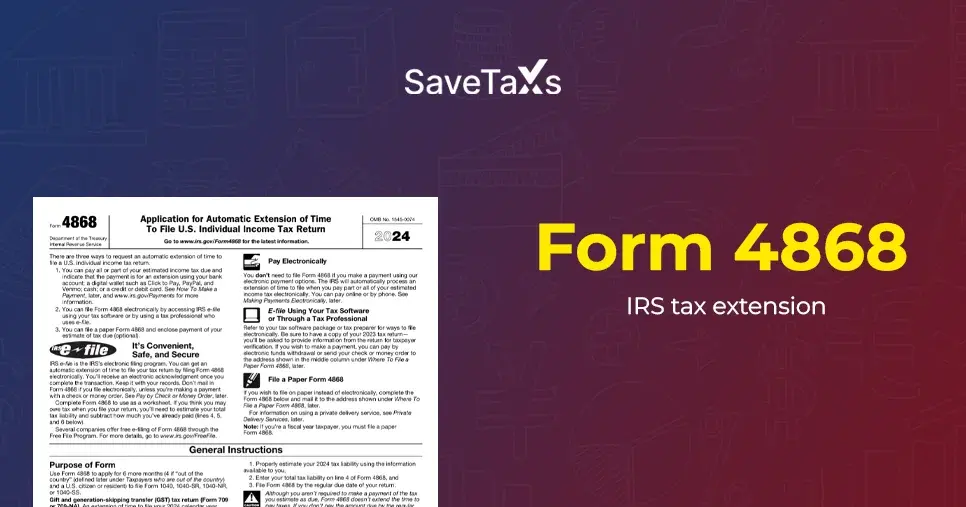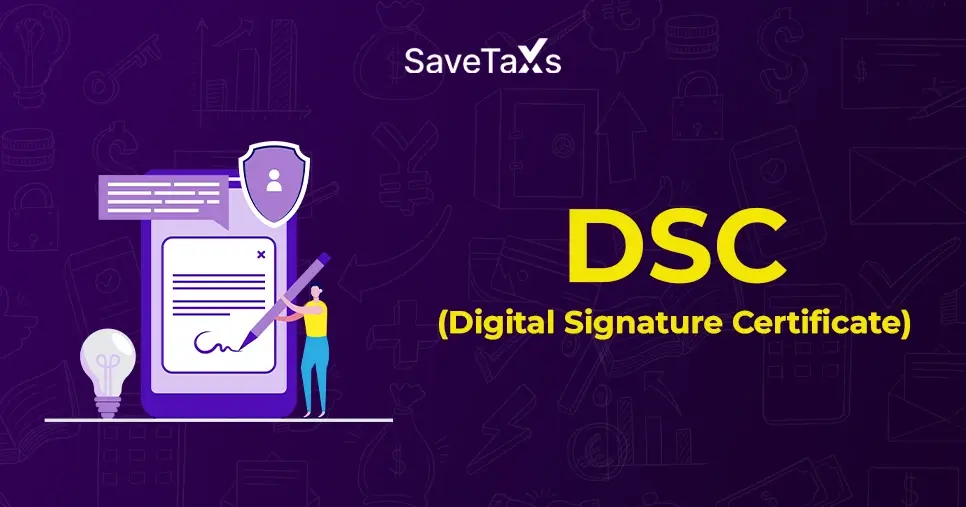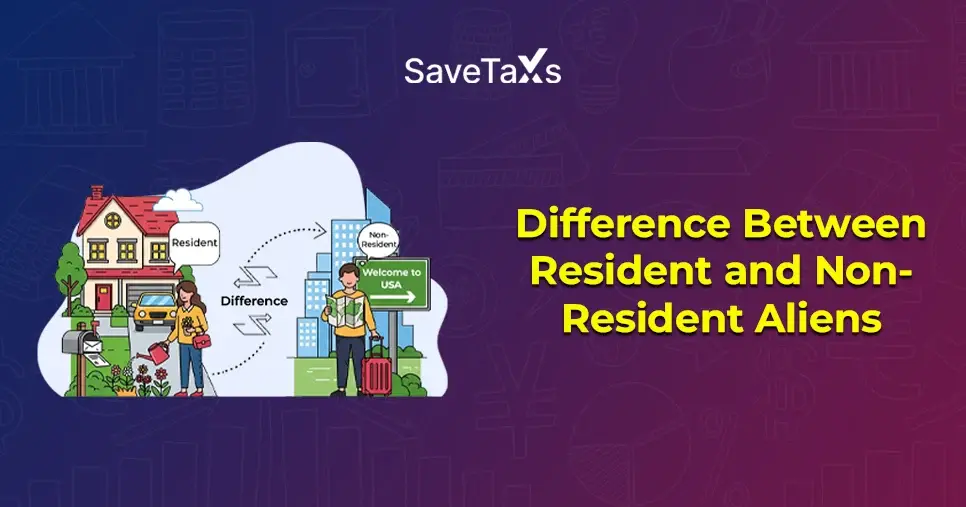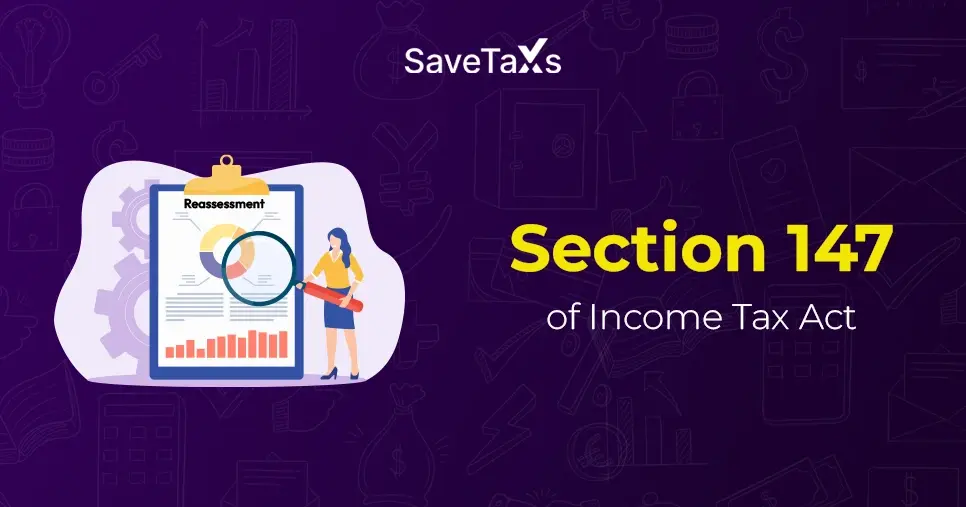- What is Section 80CCC Of The Income Tax Department?
- Eligible Pension Funds
- Terms and Conditions to obtain Deduction under Section 80CCC.
- Important Points To Take Into Consideration Regarding Section 80CCC.
- Section 80CCC vs Section 80CCD: Which is beneficial for NRIs?
- Planning Tips For Non-Resident Indians (NRIs) Using 80CCC.
- Expert Assistance For NRIs On Section 80CCC
Non-resident Indians (NRI) or Indian residents looking to reduce their tax liability in India should consider Section 80CCC, a provision of the Income Tax Act that states income tax deductions on pension fund contributions. The investments made under this section not only reduce the taxation liability but also secure the retirement future of the investor.
However, the investment under this section has a lock-in period, but the tax advantages it offers are worth considering. The government of India provides tax benefits to individuals who invest in pension or annuity plans offered by the Life Insurance Corporation and other insurers approved by the IRDS (Insurance Regulatory and Development Authority). The sole purpose is to help individuals save money either in an annuity or a lump sum for their retirement.
An individual is permitted to claim a Rs 1.5 Lakh deduction for investments she made under annuity or pension plans. Ensure that the limit of Rs 1.5 lakh is within the combined limit of Section 80C. sectio 80CCC, and sectiion 80CCA(1) of the Income Tax Act.
What is Section 80CCC Of The Income Tax Department?
Section 80CCC of Income Tax Act is a specific provision that allows a taxpayer to claim a tax deduction to a particular limit for the contribution made in the pension plans offered either by Insurance Regulatory and Development Authority (IRDA) approved insurers or Life Insurance Corporation (LIC).
There are specific funds that are approved under section 10(23AAB) that are eligible for deduction under section 80CCC.
For NRIs, Section 80CCC offers a range of varied advantages
- Non-resident indians (NRIs) can claim a deduction of up to Rs 1.5 lakh annually for the contribution made to the eligible pension plans.
- Be it an Indian resident or a non-resident Indian (NRI), both can take advantage of the deductions.
- The contributions made from the non-resident Indians' (NRIs) taxable income in India qualify for the deductions.
- Companies, partnerships, associations, and Hindu Undivided families (HUFs) are not eligible.
Ensure that the section 80CCC allows NRIs to claim a deduction for contributions made to the pension plan and annuity approved by IRDAI, excluding the mutual fund schemes. While the contributions made are tax-deductible, the pension surrender value received is fully taxable as income in India.
Eligible Pension Funds
There is a correlation between section 10(23AAB) and section 80CCC. So the pension scheme that meets the criteria mentioned below is eligible for deduction under 80CCC.
The pension or annuity plan must be set up either by insurers approved by the Insurance Regulatory and Development Authority (IRDA) on or after 1 August 1996 or by the Life Insurance Corporation.
The motive of investing must solely be for retirement savings and not to earn income.
The amount that is invested in the pension funds that fall under section 10(23AAB) is not taxable.
Terms and Conditions to obtain Deduction under Section 80CCC.
Below are the terms and conditions for an individual to adhere to to get a deduction under Section 80CCC of the Income Tax Act.
- Be it an Indian resident or a non-resident Indian, they can claim the deduction under Section 80CCC either by renewal of pension scheme or by investing in the pension scheme.
- Hindu Undivided Family is not eligible for any deductions under section 80CCC.
- Any bonus or interest in the pension is subject to being taxed.
- If a pension policy has issued any monthly payment, the same is also subject to being taxed.
- If an individual plans to surrender either the complete or partial amount of their pension plan, the amount being surrendered is taxable.
Important Points To Take Into Consideration Regarding Section 80CCC.
Below mentioned are some ponies that an individual must know regarding the applicability of Section 80CCC.
- The insurer, IRDA, approves that the existing annuity and pension plans under section 80CCC are either public or provident entities.
- The deductions are only for the sum paid/premium for the preceding assessment year only. For example, suppose a person pays the sum over 2-3 years. In that case, they can claim a deduction only for the amount of the preceding year, leaving the remaining deduction available in the respective year.
- The combined deduction under section 80C, section 80CCC, and section 80CCD(1) together is eligible for the Rs 1.5 lakh deduction limit.
- Rs 1.5 Lakh is the maximum available deduction under this section for a year.
Section 80CCC vs Section 80CCD: Which is beneficial for NRIs?
For non-resident Indians (NRIs) planning their tax-saving investments in India, the choice between section 80CCC and section 80CCD can be overwhelming. It is essential to understand the difference between both to make a suitable decision that maximizes the individual's tax benefits.
Section 80CCC permits deduction exclusively on the contributions made to pension plans offered either by the IRDA or life insurance providers. In contrast, section 80CCD provides tax benefits for investments under the National Pension Scheme (NPS) and the Atal Pension Yojana (APY).
For non-resident indians, exclusively, there are reports available about their eligibility under section 80CCC. However, section 80CCD eligibility for NRIs is established and potentially made more advantageous for them. Let us see how:
NRIs can claim a deduction under 80CCD(1) with the overall limit of Rs. 1.5 lakh.
With section 80CCD(1B), an additional 50,000 Rs deduction is available over the main limit.
For NRIs who are self-employed, Section 80CCD allows a deduction of up to 20% on the gross income.
However, both sections fall under the Rs 1.5 lakh deduction limit. The section 80CCD(1B) comes with an additional deduction of Rs 50,000, raising the potential deduction to Rs 2 Lakhs, making Section 80CCD a better choice due to flexibility, clearly mentioned eligibility, and additional deduction opportunity.
Planning Tips For Non-Resident Indians (NRIs) Using 80CCC.
For NRIs to maximize their tax benefits, having a strategic plan is mandatory under Section 80CCC. Below are some smart planning tips mentioned to reduce the tax liability of an NRI while they build their retirement fund in India.
Eligibility: As a non-resident indian (NRI), you are eligible to claim deductions under Section 80CCC of the Income Tax Act, provided that you make a contribution to the pension funds under Section 10 (23AAB).
Deduction Limits: Understanding the deduction limits is crucial, as the maximum deduction under section 80CCC is Rs 1.5 lakh annually. However, it is essential to note that this falls within the combined limit of sections 80CCD (1), 80CCC, and 80C.
Invest Smart: To invest smarter, you can combine Section 80CCC with additional NPS investment that falls under Section 80CCD(1B) to claim an extra Rs 50,000 of the deduction, which is above the 1.5 lakh limit.
You can also utilize 80CCC with other NRI-specific deductions, such as health insurance premiums, which are up to Rs 50,000 under 80D.
Do not overlook the deduction for charitable donations (80G) and educational loan interest (80E).
Right Tax Regime: As an NRI, it is essential to choose the proper tax regime as deductions under section 80CCC are not available if you opt for the new tax regime. If you have substantial deductions, the old regime offers a better benefit.
Expert Assistance For NRIs On Section 80CCC
By now, we have understood section 80CCC, how it offers a great way for NRIs to reduce their taxation liability while banking their retirement funds in India. However, the confusion of Section 80CCC and Section 80CCD(1) among NRIs can initiate a few doubts, and this is the time when an NRI tax expert can guide you the best. This is the time when Savetax steps in. We have been helping NRIs like you for decades with taxation services and consultations. Our expert team of individuals brings over 30 years of experience in Indian and foregin tax law, ensuring your tax refund is maximized to the absolute maximum limit.
Serving 24/7 across all time zones, SaveTaxs ensures our clients are provided with the best taxation consultancy services available. What sets us apart is our NRI-centric approach, tailored to meet every client's unique needs and goals.
*Note: This guide is for informational purposes only. The views expressed in this guide are personal and do not constitute the views of Savetaxs. Savetaxs or the author will not be responsible for any direct or indirect loss incurred by the reader for taking any decision based on the information or the contents. It is advisable to consult with either a Chartered Accountant (CA) or a professional Company Secretary (CS) from the Savetaxs team, as they are familiar with the current regulations and help you make accurate decisions and maintain accuracy throughout the whole process.

Mr Shaw brings 8 years of experience in auditing and taxation. He has a deep understanding of disciplinary regulations and delivers comprehensive auditing services to businesses and individuals. From financial auditing to tax planning, risk assessment, and financial reporting. Mr Shaw's expertise is impeccable.
- Everything You Need to Know About Form 15CA and 15CB of Income Tax
- Income Tax Act 1961: Chapters, Objectives, Features, Provisions
- Double Tax Avoidance Agreement (DTAA) Between India and UK
- Form 61A Income Tax: Applicability, Due Date & How to File SFT Online
- Double Tax Avoidance Agreement (DTAA) Between India and Ireland
Want to read more? Explore Blogs
Frequently Asked Questions
No matter what your source of income is, we've got you covered. There’s a plan for everybody!
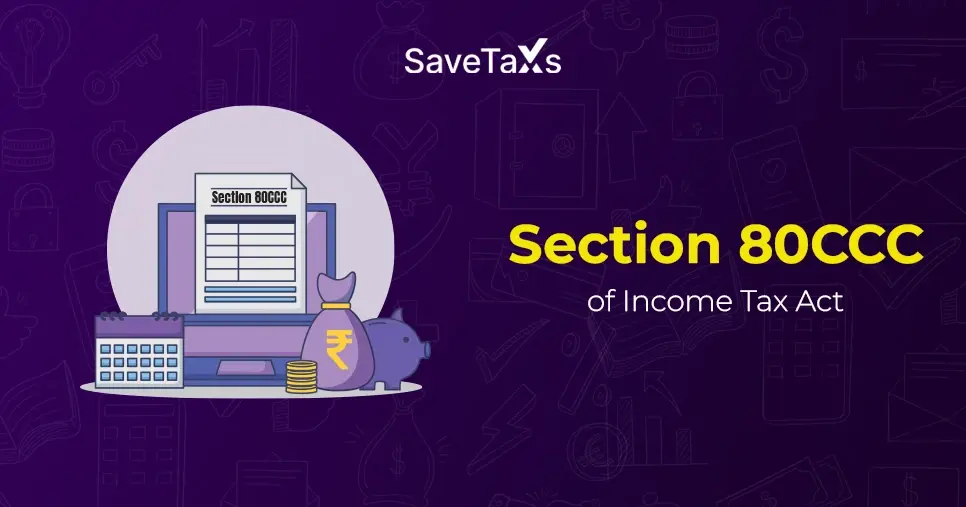
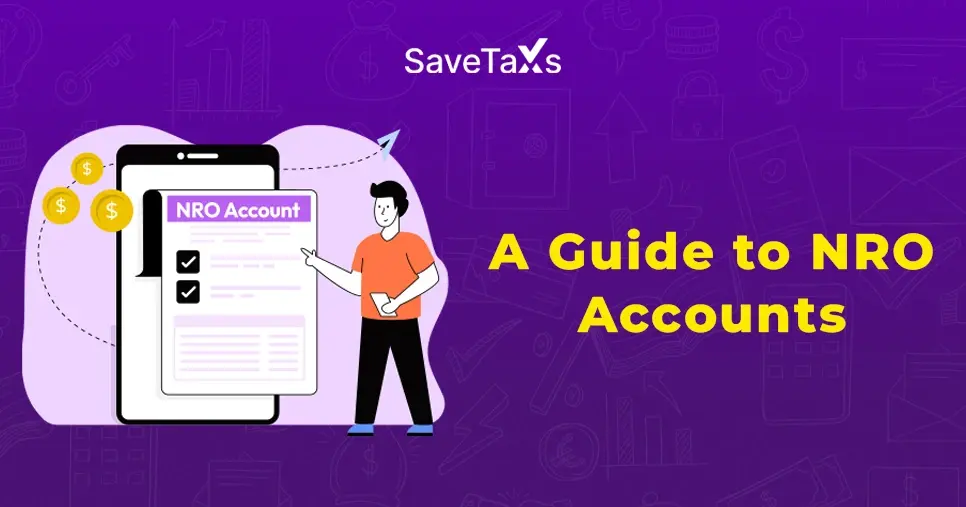
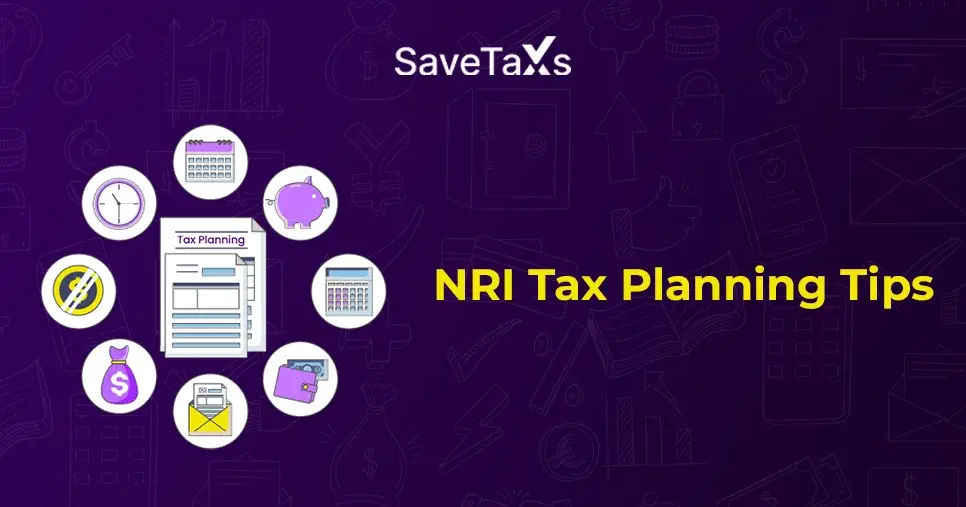


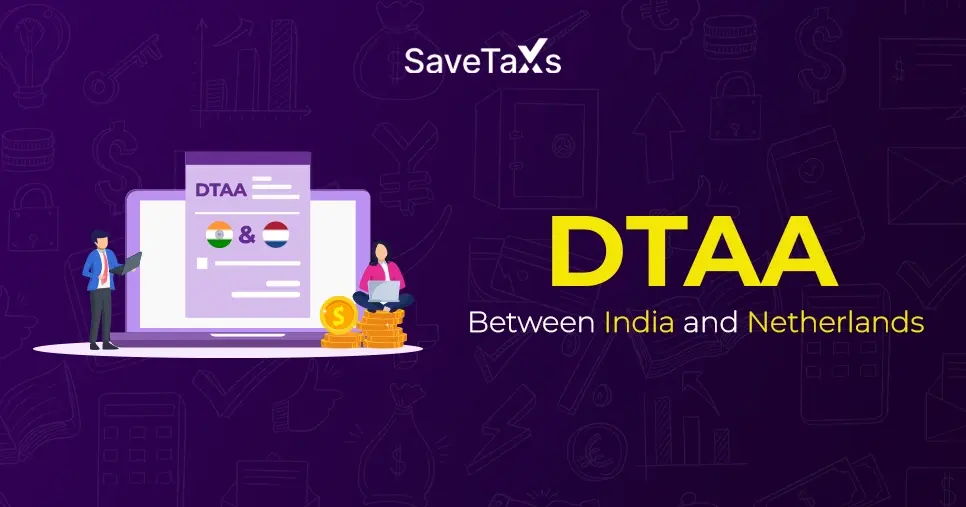
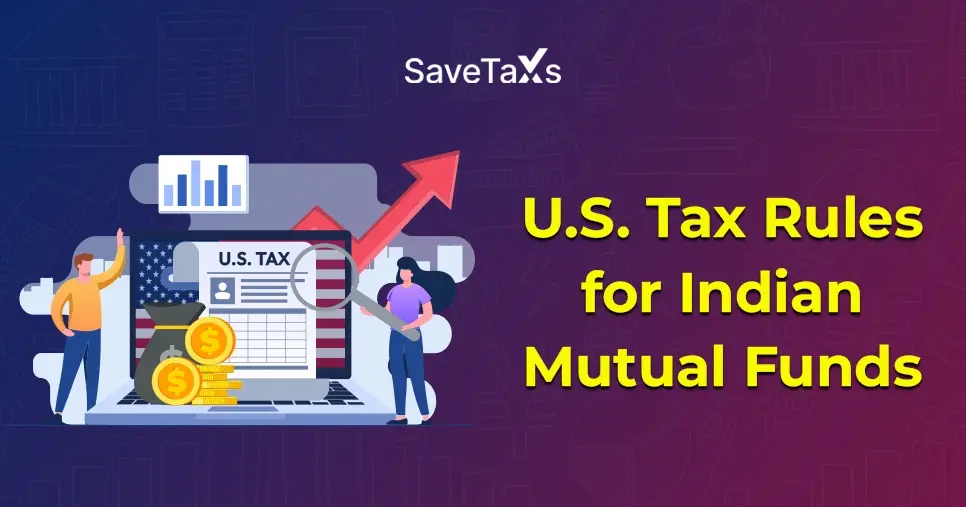
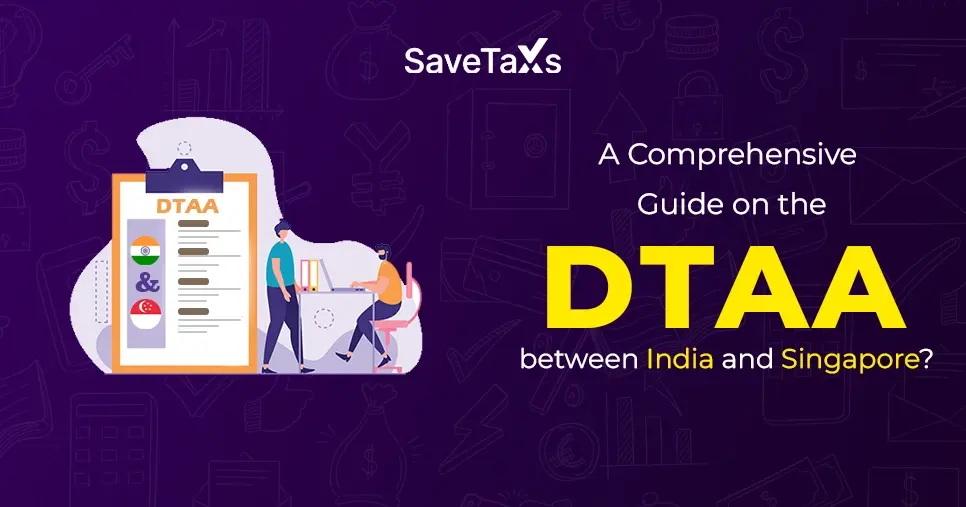
_1754046271.webp)
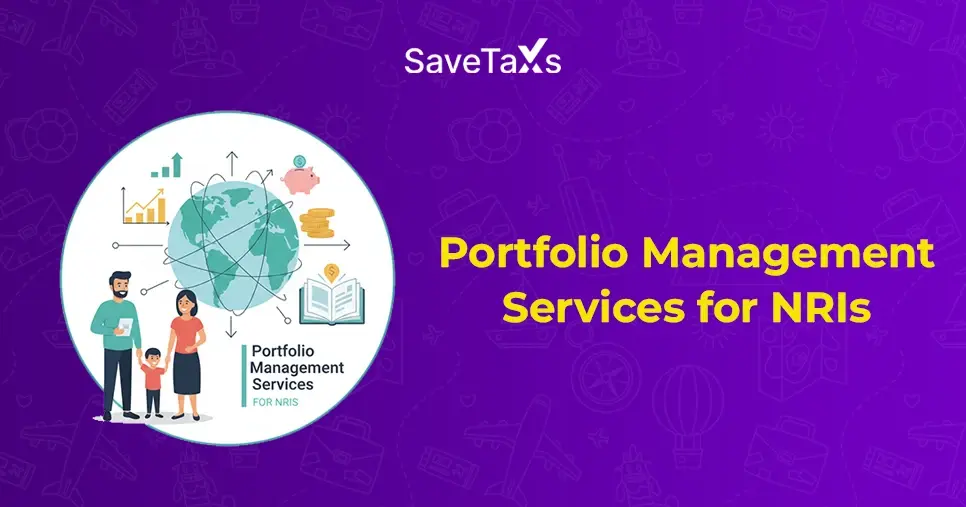
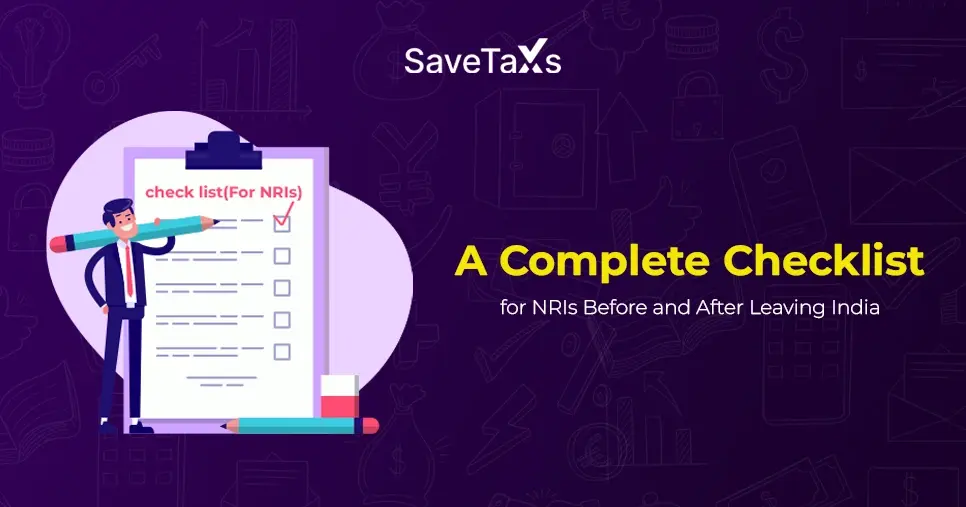
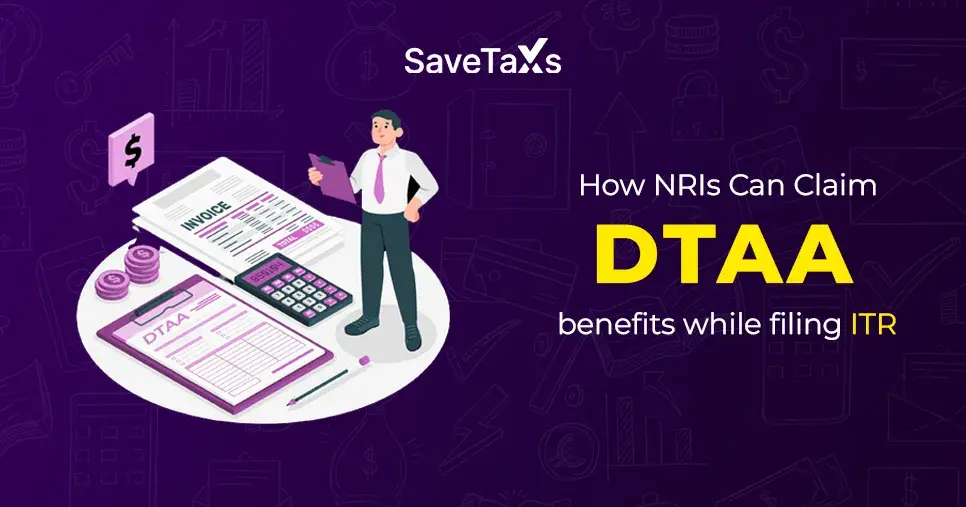
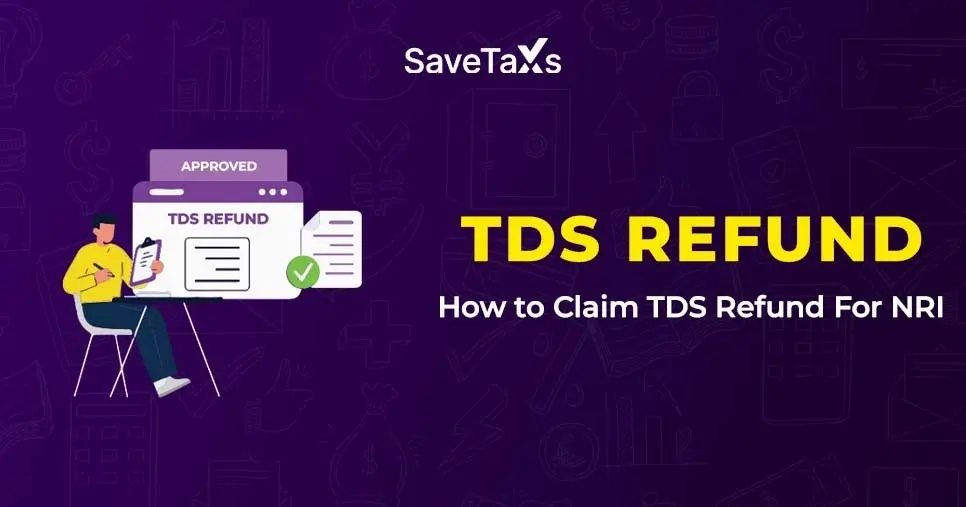
_1767170479.png)
